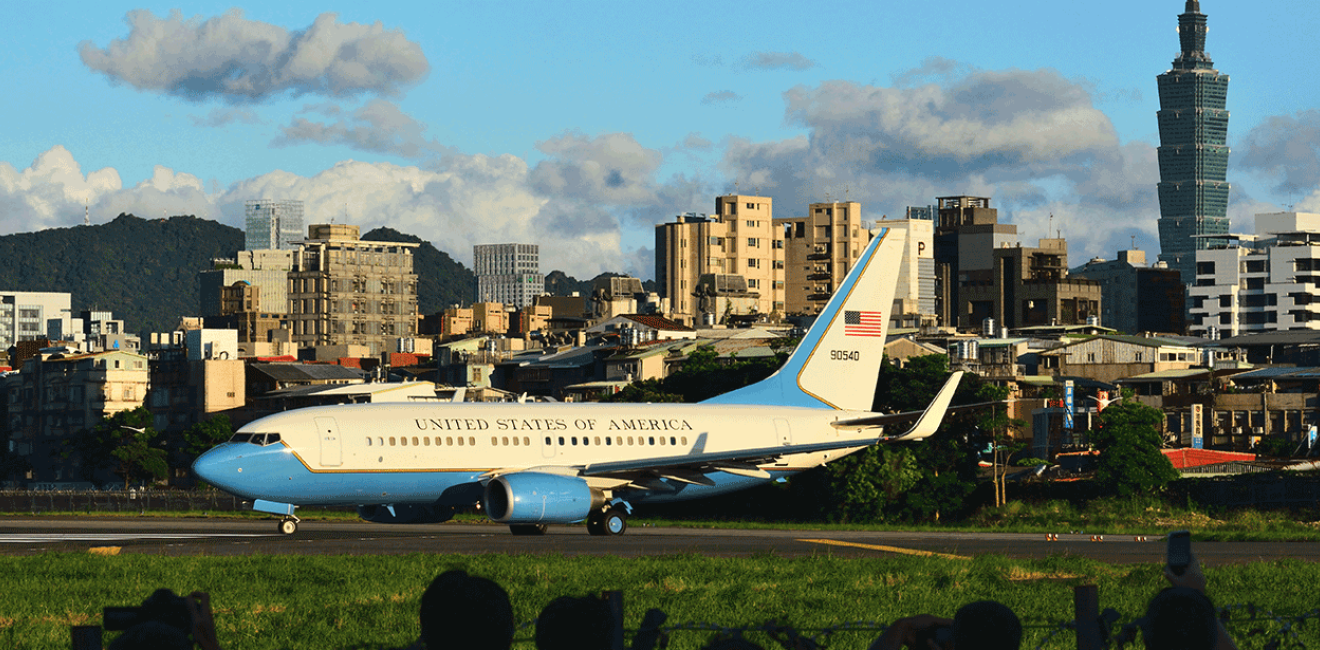Critical Challenge for the US | Keep Cool: China and the United States Adjust to a New Cold War
The United States and China are both struggling to frame their deteriorating relationship as something other than what it is: a cold war. The Biden administration denies that it wants to engage in a cold war even as prepares for one. The Department of Commerce’s October 2022 announced ban on advanced semiconductors to China was a striking case in point. Denying advanced computing and artificial intelligence capabilities to the Chinese military and surveillance state, means also denying them to Chinese medical researchers, agriculturalists, educators, supply chain managers, and transportation and communications specialists. Revealing that the US strategy is to hamper China’s further economic and technological development for the sake of security is a clear indicator of cold war conditions. In 2022, China—a developmental state since the late 70s—made clear at its 20th Party Congress that it is now a highly ideological security state. It is isolating itself from the West and building a powerful, modern military on that basis, yet it still denies publically that US-China relations are fundamentally competitive. With distrust at an all-time high, the danger of a catastrophic collapse in relations due to war in the Taiwan Strait has increased.
Beijing’s and Washington’s failure to manage their relations within a realistic framework matters not only to national leaders, but also to the corporations, communities, colleges and universities, and other institutions that have played major roles in Sino-US interaction over the past 40 years. In 2023, events are likely to compel both countries to recognize the dire state of the relationship and to manage it differently. The Kissinger Institute will track and analyze both nations’ strategies and will work with policymakers, elites, localities, educators, and industry to understand and adjust to this epochal shift.
3 Things to Watch
Trilateral Relations
Managing Sino-US competition is now a top priority for nearly every nation on earth. Most countries are hoping they can continue to balance between the superpowers, extracting advantages from both while committing to neither. But circumstances could force them to make a choice. The gradual emergence of mutually exclusive financial and digital systems has many nations and companies wondering how they can thrive in a bifurcating world.
The Kissinger Institute works with partner organizations and governments in Asia, Europe, and the Americas to understand where US and China policies align, or fail to align, with those of its partners. Through dialogues with South Korea, Canada, Central Asia, and Europe in particular, KICUS experts study non-American views of China and help foreign experts understand how America’s interests and domestic politics shape its China policies. If conditions permit, we will supplement these dialogues with a new seminar with Chinese interlocutors in 2023.
The Global Order Lens
If the new Cold War will be contested primarily on the grounds of technology and geo-economics, the prize for which Washington and Beijing are competing is relative influence in a shifting global order. Each wants to legitimize and set in place beliefs, norms, rules, and global systems that favor advancement of their own goals and make it more difficult for their rival to advance its agenda. This competition comprises established multilateral organizations like the UN, World Trade Organization, International Monetary Fund, and World Bank; minilateral organizations like the Quad, Aukus, Shanghai and Cooperation Organization; as well as Beijing’s and Washington’s development, aid, trade, and military strategies.
The Kissinger Institute will track, score, and contextualize the US-China competition to re-shape global order, paying particular attention to the way the way that third countries respond to Chinese and US initiatives.

The Case for Chinese Leadership
Beijing has begun making a more sophisticated case for an increased Chinese role in global rule making, and in discussions of common values and good governance. While Chinese arguments may seem unconvincing—even ludicrous or dangerous—to developed democracies, Beijing’s calls for absolute sovereignty, non-interference, more pluralistic international discourse, and rejection of American criticism have many adherents in the Global South. Xi Jinping’s Global Development Initiative (GDI) and Global Security Initiative (GSI) are so vague as to be nearly non-existent, but many of the countries that have “signed on” to the Belt and Road Initiative are also expressing interest in the GDI and GSI.
China is making a claim to enhanced global leadership even as its economy slows and as it becomes more insular and nationalistic. Its status as the world’s greatest trading and manufacturing nation may enable it to reach its goals despite its seemingly contradictory impulses. By tracking China’s global governance discourse, and by founding its analysis of China’s foreign policy in an understanding of China’s domestic challenges, history, and culture, the Kissinger Institute will help US policymakers respond to China’s global discourse, and form more effective American public diplomacy.
Contributors



Kissinger Institute on China and the United States
The Kissinger Institute works to ensure that China policy serves American long-term interests and is founded in understanding of historical and cultural factors in bilateral relations and in accurate assessment of the aspirations of China’s government and people. Read more

Explore More
Browse Insights & Analysis
US Inaction Is Ceding the Global Nuclear Market to China and Russia

360° View of How Southeast Asia Can Attract More FDI in Chips and AI


